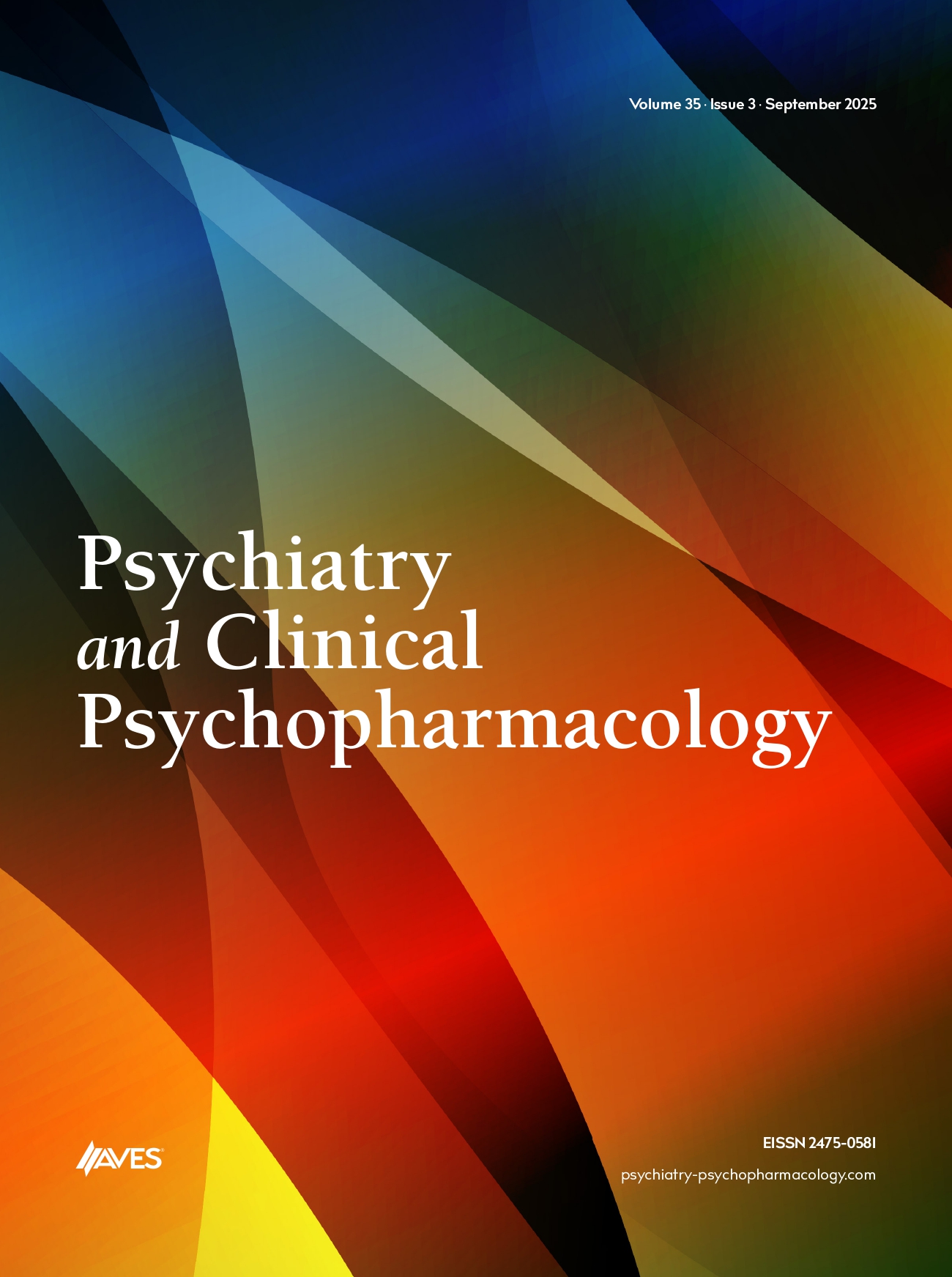Objective: Leahy emphasized that emotional schemas were closely linked to the resistance to change during cognitive behavioral therapy, particularly in anxiety disorders. Resistance to therapy that Leahy mentioned becomes more crucial in alcohol dependence. In this regard, it may be substantial to determine the emotional schemas of patients with alcohol dependence who have often resistance to the therapy. Thus, we aimed to determine dysfunctional emotional schemas in patients with alcohol dependence.
Methods: 45 patients diagnosed as having alcohol dependence, according to DSM-4 TR criteria, who applied to BRSHH AMATEM clinic and 43 healthy volunteers who do not have alcohol and other substance dependence were included in the study. ”Demographic Information Questionnaire (DIQ)” and “Leahy Emotional Schema Scale (LESS)” for determination of dysfunctional schema were used.
Results: Alcohol dependence group was significantly lower in “comprehensibility” and was significantly higher in “perception of emotions as harmful”, “rumination” subscale scores in LESS than control group.
Conclusion: This research may contribute to our understanding about psychopathology, maintenance and therapy process of alcohol dependence. Improvements of comprehensibility, normalization and acceptance of emotions can help individuals to stop alcohol using.


.png)
.png)